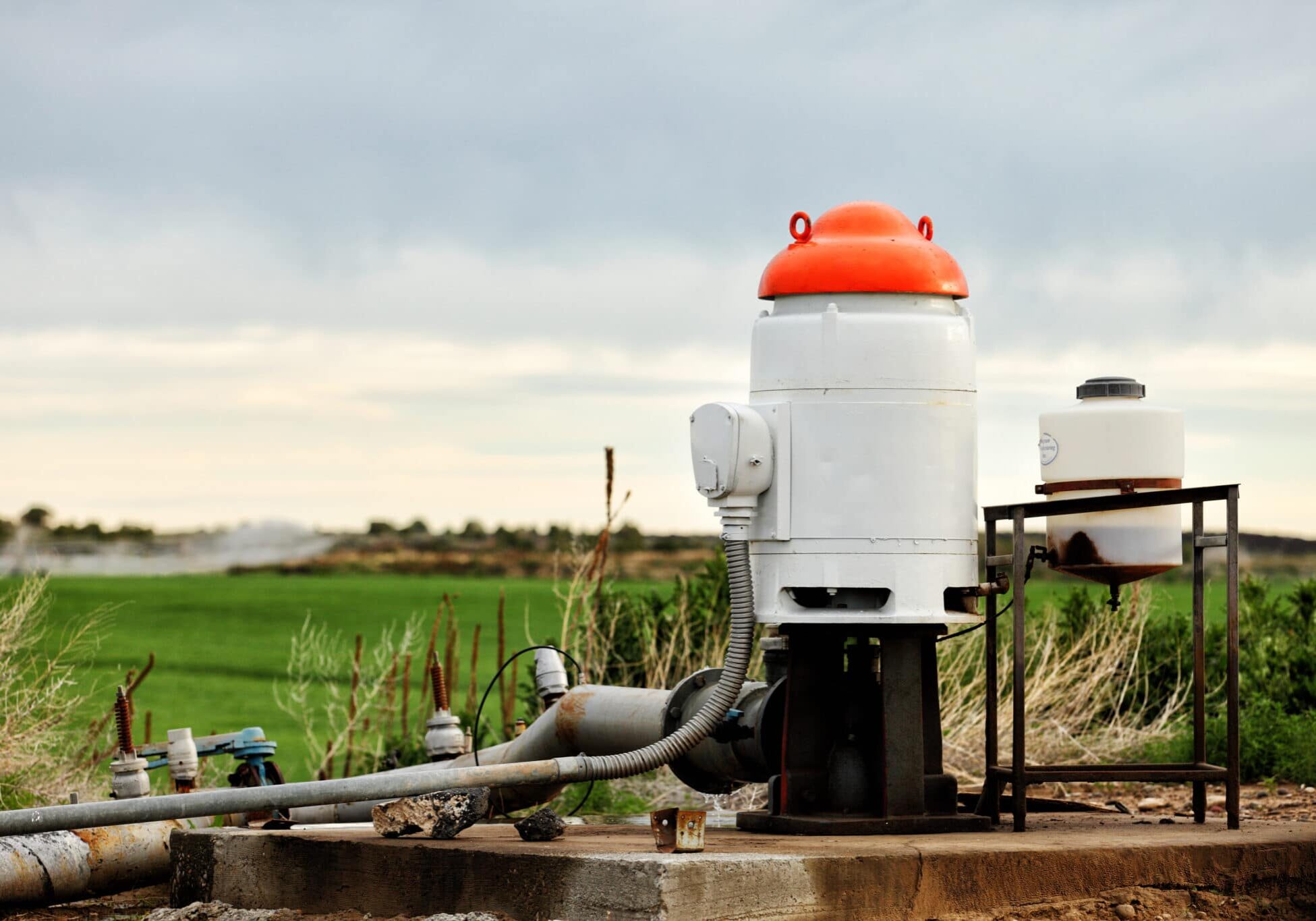How Do I Know I Need This Service?
If you are experiencing any of the following, please contact us.
- Low water pressure
- Low flow
- Dirty water
- Air in the lines
- Poor system performance
- Water system faults (breaker or relay tripped, pump won’t turn on)
- Running out of water
- No water
If you’re a homebuyer or realtor, we also offer pre- and post- home sale water services. We can analyze the existing well system so homebuyers don’t face any unexpected expenses down the road.
Are you looking to increase water system efficiency and reduce power consumption? Picatti Bros. believes in promoting responsible water and energy use. We can help you optimize.

How Can Picatti Help?
Picatti Bros is available 24/7/365 for emergency field servicing and system installations. We can remove the existing pump and motor (especially if it’s hard to pull), repair or replace it, and reinstall it. We’re also able to provide power generation to execute our services if there’s no electricity to your site.
If you contact us for conservation services, we’ll set up a consultation to begin optimizing your water and electrical systems.
We don’t provide well drilling or well house construction.
We repair and replace:
- Well pumps and motors
- Sump pump and sewer pumps
- Submersible, centrifugal, vertical line shaft turbine,
- Control boxes
- Pressure switches, gauges, and transducers
- Backflow preventers
- Variable speed drives
- Capacitors
- Foot valves
We regularly work with brands like: Franklin Electric, Grundfos, Liberty Pumps, Sta-rite, Red Lion, Goulds, Berkeley, Cornelle, Flygt, and Floway.
For inspection services, we provide:
- General well equipment inspection
- Flow testing - well output, water level, pump performance, switch contact and tank pressure
- Water testing - common contaminants, minerals, and pH
- Deep well video inspection
For more tips and information on maintaining your well, click here
For well or equipment services, we offer:
- Community well servicing
- Well rehabilitation, restoration, and repair
- Pump retrieval - if your pump has fallen down the well, we can retrieve it
- Electrical motor servicing for any make and model
- Variable speed drive repair and installation
- Rebuilding of line shaft, booster, and turbine pumps in-house

Why Choose Picatti?
Water is essential. Choosing Picatti Bros. means absolute 24/7/365 on-call service for your well needs. We have a large stock of parts to get your water back on quickly. Sometimes our technicians can even solve your problem over the phone.
Picatti Bros. is more than just a standard pump company or motor shop. We’ve been serving Central Washington for over 90 years. With that history, we’ve enjoyed long lasting relationships with our customers and staff. We have the team, equipment, facilities, engineering resources, and most importantly the experience to meet and exceed our clients’ needs. We are proud of our reputation of exceptional quality, and we stand behind it with our 24/7/365 on-call service.

